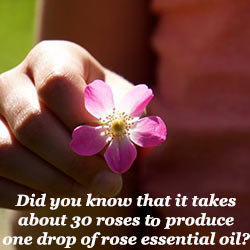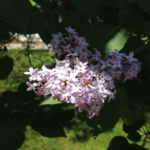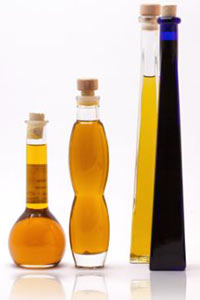Essential Oils and Aromatherapy
What are essential oils?
What is aromatherapy?

Safety Information

Essential oils should NOT be inhaled directly. Always diffuse first.
Some oils can cause sensitization or allergic reaction in some individuals. Always do a small patch test when using an oil topically for the first time.
Essential oils should be avoided during pregnancy, and by those with asthma, epilepsy, or other serious health issues unless directed by an accredited practitioner. Also avoid using essential oils before sun exposure, as some oils are highly phototoxic and can cause severe sun damage.
LESS is MORE. When using essential oils, use the smallest amount possible to get the job done, and avoid toxicity and sensitivity.
Not all oils are suitable for aromatherapeutic use. Do your research before using any essential oils.
Keep all essential oils away from children.
Treat them as you would medicine—they can be dangerous in the wrong hands.
Essential oils should never be taken internally without instruction from a trained and accredited practitioner.
Essential oils are extremely volatile and flammable. Keep away from heat and flame.
When in doubt, don’t! If you’re not sure about something when it comes to aromatherapy, then you should check with a reliable source first. Never take any chances when it comes to your health.
Do's and Don'ts for Beginners

Do your research! There are many reputable books, websites and people with a vast amount of credible information on essential oils and aromatherapy, and many provide safety and quality tips you should familiarize yourself with. Some great sources include aromaweb.com, Aromatherapy for Dummies by Kathi Keville, and Reference Guide for Essential Oils compiled by C. and A. Higley.
Don’t purchase synthetic perfume or fragrance oils thinking they are the same thing as essential oils.
Do be picky about the quality of the oils you purchase and use. Get as much information as you can regarding purity, origins and sources of the essential oils before you purchase them, and make sure you buy from a reputable seller. Chances are, if you’re buying a gallon of rose essential oil for $50, you’re not getting pure oil.
Don’t be fooled by “pure” and “natural” labels, as these terms are not regulated and do not necessarily describe quality.
Do keep your oils and blends in dark glass containers (cobalt blue or amber) for long-term storage, and keep them in a cool, dark place.
LINK: Essential Oils Blending Basics with Recipes and Dilution Guidelines
What can essential oils do for me?

- Kill bacteria, viruses and fungi
- Seal and heal wounds
- Reduce inflammation
- Regulate hormones
- Tone and moisturize skin
- Repel bugs
- Aid in blood circulation and digestion
- Decrease sinus and lung congestion
Why choose essential oils in place of over-the-counter drugs?

- Less expensive overall
- Easy to use, compact to carry
- Works with the body, not against it
- Gets to the source of the problem, not just the symptoms
- Works quickly
- Can be used in conjunction with many medications
- Leaves the body quickly without residue
- Very few –if any—side effects